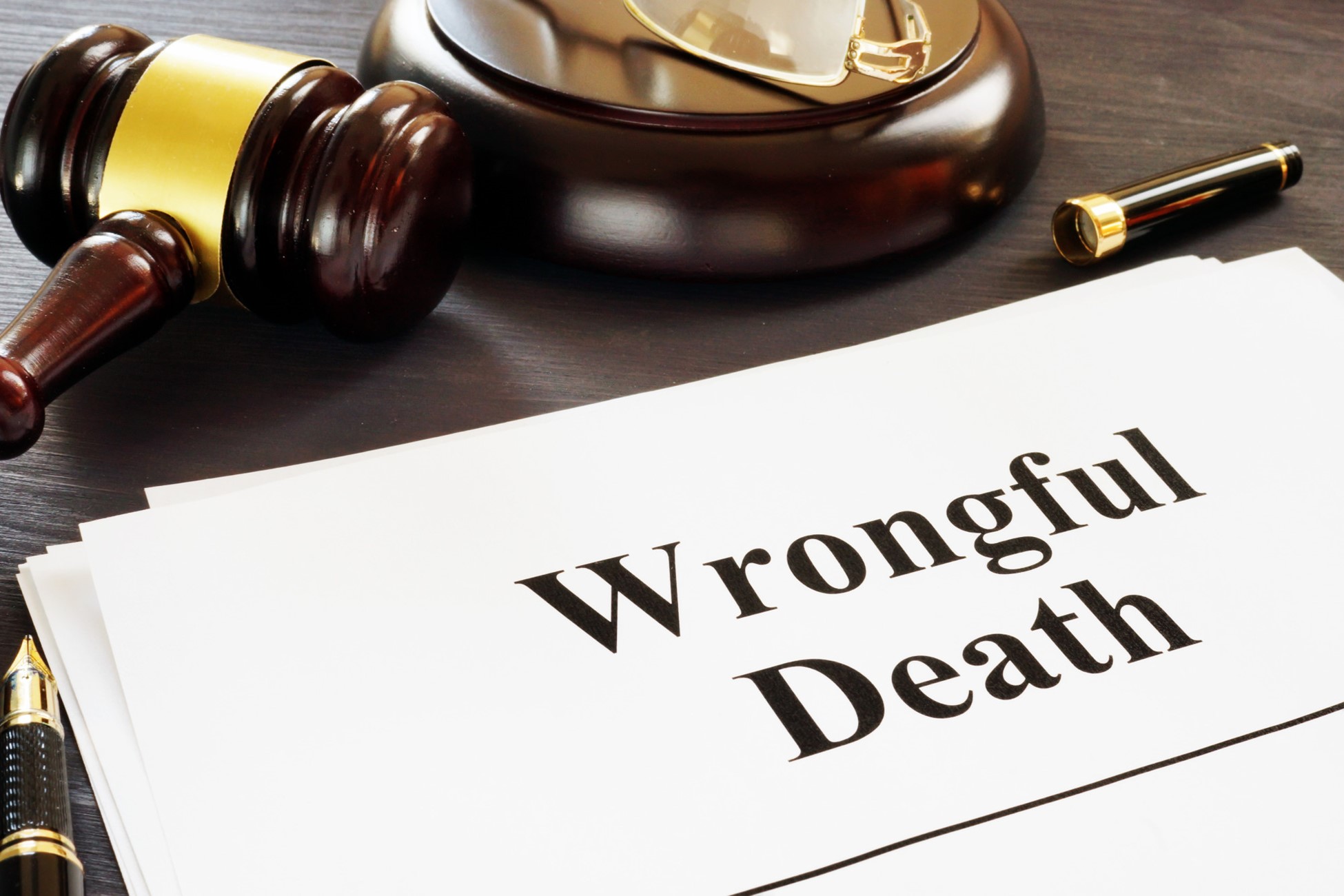A wrongful death claim occurs when someone dies due to the negligence or misconduct of another person. The family or survivors of the deceased may sue the culprit (whether an individual or an entity) for wrongful death and get the compensation they deserve for their loss. The loss may include lost wages from the deceased, funeral expenses, and lost companionship.
A wrongful death can result from an accidental, careless, or intentional act, leading to another person’s demise. Common causes of wrongful deaths are:
- Motor vehicle accidents
- Manufacturing defects
- Toxic torts
- Intentional killings and assaults
- Medical malpractice
While a culprit may face criminal consequences for their actions, especially when the verdict of the trial proves they are guilty, they can also be sued for wrongful death and thus face civil consequences.
Most people wrongfully think they can not get financial compensation for the damage once the culprit has been sentenced, but that’s not true. You can seek compensation for the wrongful loss of a loved one even after the third party gets convicted.
Also, if the third party isn’t convicted, you can still pursue a civil case and seek compensation for the damage because civil charges have a lower standard of proof than criminal charges.
Who Can File a Wrongful Death Lawsuit?
The list of persons allowed to file for a wrongful death lawsuit may vary depending on each state’s civil wrongful death statute or set of statutes. The wrongful death statute sets the procedures for filing a wrongful death lawsuit and defines the persons eligible to sue the third party.
The wrongful death statute helps the real parties in interest or survivors get financial compensation for their loss, thus bringing more financial security to the family left behind.
Generally, the parents, spouses, and children of unmarried persons may act as representatives to sue the third party. However, other entities, such as putative spouses, life partners, or financial dependents, are also allowed to bring a claim in some states. Some states include siblings, grandparents, and distant family members in the list of persons eligible to file a wrongful death lawsuit.
Elements of Wrongful Death Lawsuits
To sue a third party for wrongful death, it’s essential for the plaintiff to show specific elements, which are:
- A person’s death caused by the misconduct (whether intentional or otherwise) or negligence of a third party
- The survival of family members suffering monetary injuries due to the death
- The appointment of a personal representative for the decedent’s estate
It’s worth mentioning that a wrongful death lawsuit must be filed within the timeframe contained in the state’s wrongful death statute unless the death investigation delays the course of action. It’s essential to work with a wrongful death attorney to help you pursue the case on solid grounds and secure the compensation you deserve for losing your loved one.
When Wrongful Death Claims Apply
Wrongful death claims apply when a victim who could have filed a personal injury lawsuit against a third party dies due to the third party’s actions. These actions can include a wrongful act, neglect, illegal violence, or negligence. Examples of such situations are:
Intentional Killing
When a person intentionally murders another, they may face a criminal case and civil lawsuits for wrongful death. Civil lawsuits differ from criminal cases, and the culprit may be required to compensate the survivors of the deceased even if they go to jail.
Reckless conduct
Such as when a person drives while drunk and causes a lethal accident or a government agency fails to provide timely warnings about a road hazard, thus leading to the loss of life.
Medical Malpractice
Such as when a doctor under established medical malpractice statutes neglects a patient and doesn’t provide adequate care, leading to the patient’s death. Survivors may sue the doctor and other medical care providers responsible for the death of their loved one and get the deserved compensation.
Other situations of a wrongful act, neglect, illegal violence, or negligence include designing a faulty product (such as a car part), stealing a patient’s drug, failing to call an ambulance during a survivable medical emergency, and so on.
What Determines The Amount Of a Wrongful Death Settlement?
The amount of a wrongful death settlement is typically determined by several factors, including the deceased’s age. Economic and noneconomic damages are also considered during this phase, and the settlement will be handed to the deceased’s survivors.
Examples of economic damages are:
- Medical bills
- Funeral expenses
- Out-of-pocket expenses
- Lost household or other services
- Loss of support and income
- Lost prospect of inheritance
- Loss of parental guidance
Noneconomic damages include:
- Pain and suffering
- Loss of love and companionship
- Loss of assistance and protection
- Loss of society and moral support
Get Legal Help
If you have lost a loved one due to a third party’s negligence or misconduct, you may be able to file a wrongful death lawsuit and get compensated for your loss. Contact a wrongful death attorney to discuss your case and get all the legal support you need to receive your compensation.

Leave a Reply